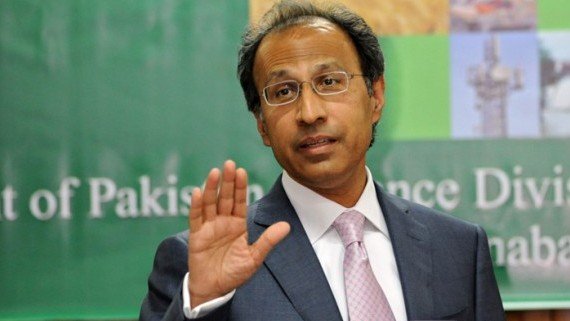
The finance minister announced that last year was a difficult year but the steps taken by the government had borne fruit. He also said that there are signs of economic recovery as there was record improvement in remittances from overseas while services sector showed 4.7 per cent growth.
He also said that economic recovery was very fragile in the last fiscal year as the government’s priority was to get out of tough economic times prior to working towards broad based recovery.
He added that electricity prices increased 60 per cent in two years.
Abdul Hafiz said that Pakistan has to focus on developing agricultural stability to follow sustainable GDP.
Economic Survery
The economic survey shows a decline in growth in the agriculture sector in 2010 at 2 percent from almost 4 percent last year.
The Crops sector declined by 0.4 percent, while livestock rose by 4 percent.
Industrial output expanded by almost 5 percent, where Large Scale Manufacturing grew 4.4 percent and Services grew 4.6 percent, compared to 1.6 percent in 2009.
The bulk of the flight of foreign investment took place from Telecom and Financial Services sector.
The finance ministry says in the survey that inflation at home rose mainly due to the rising international commodity prices.
Hafeez Sheikh also said the major factor for the crisis was the global recession, which had a strong impact on the domestic markets.
The economic survey can be viewed at this location.
1731570357-0/elon-musk-(1)1731570357-0-405x300.webp)
-(1)1717678110-0/Kendrick-(1)-(1)1717678110-0-165x106.webp)















COMMENTS (5)
Comments are moderated and generally will be posted if they are on-topic and not abusive.
For more information, please see our Comments FAQ